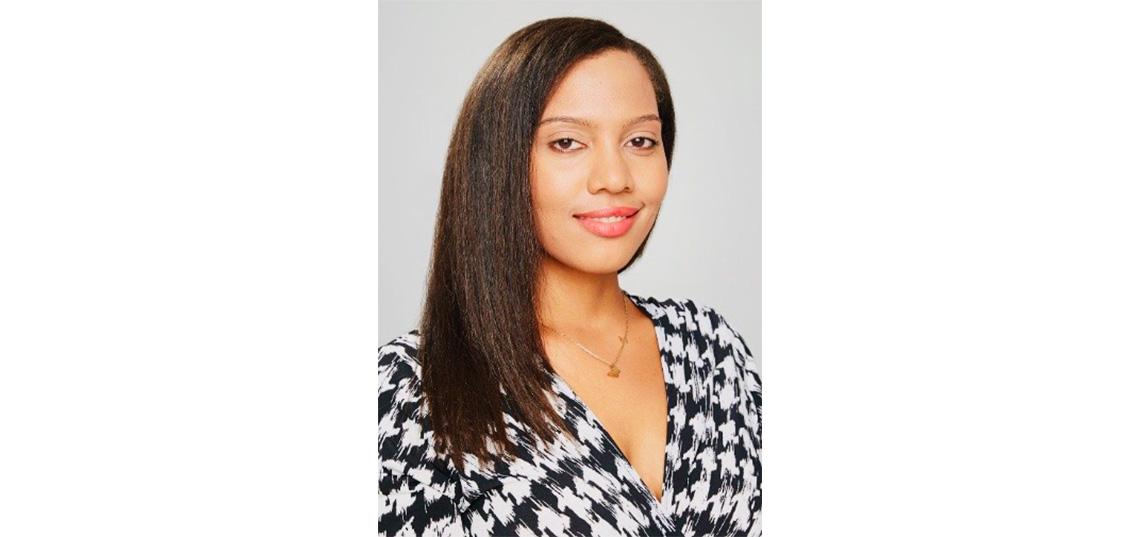
Moving to America when she was 12 years old was not easy. However, Cherie Darby ’12 is grateful she spent her childhood in Jamaica, because she said growing up there made her very aware and educated about slavery, colonization, and social issues.
“I feel like a lot of those formative years really shape how you view the world and the type of education you receive,” said Darby. “Growing up, my parents were very active and social in making sure we knew what was going on in the world. From a very young age in school we learned about slavery and colonization.”
Darby currently works at Warner Media as the Digital Platforms Manager where she has marketing, technology, and editorial responsibilities. After graduating from Rutgers, she worked in various companies not only in the United States, but also in Jamaica.
Due to the recent increase in social justice movements and protests, Darby said she has reflected on her experiences working as a person of color in various corporate environments during the past eight years. She said there have been many times when she has been the only Black person on her team and has worked predominantly with white people. She said she has felt that not many of her colleagues have understood her, which has caused her to feel she needs to present herself in a certain way and have her guard up.
Darby believes that work cultures need to change and include more people from diverse backgrounds, but making that change will require an active effort on the part of everyone in the company, especially in recruitment. She says that people of all races and backgrounds should be given an equal chance and have the same opportunities as everyone else.
“Everyone should have a seat at the table,” said Darby. “That means not only people who are Black, brown, Hispanic, and Asian, but also people who are disabled and LGBTQI. They all should have a seat at the table. What people don’t understand about diversity and inclusion is that everyone should have an opportunity, everyone should have a chance.”
In order for newsrooms to be more inclusive, Darby thinks that they should be telling more stories about diversity. Darby says there are different stories to tell everywhere depending on where you live and who you are—journalists could be reporting on many different issues. “A lot of people have lost their jobs due to the coronavirus, racial injustice is a huge story, what are other things people are dealing with?” said Darby. “Whether it’s healthcare, other injustices they are dealing with such as a lack of clean water or lack of access to healthy food—I think that all of these things have faces.”
She also believes that the media could be covering more of the cases that sparked the Black Lives Matter movement. These cases include but are not limited to what happened with George Floyd and Breonna Taylor. However, she sees more of these stories on her social media platforms which means that people are actively engaged and want to know what is going on. Because of this, Darby says that news outlets have an obligation to the public to make sure they are covering these cases.
To encourage the public to be more involved in the movement, Darby thinks everyone should start having the hard conversations, but understands that they are difficult and draining. She says that our education system should teach children more about social justice, as she learned at a young age in Jamaica. Over the years, she said she’s had these conversations with people so they could gain a better understanding of her perspective and try to see things through her eyes. However, she has found that there has been a lack of empathy and understanding.
“I tell people this is what I’ve faced, this what my family has faced, this is what I feel and this is my experience. So when I say something like that to someone, they sometimes diminish my concerns and say ‘oh that’s not the case.’” said Darby. “For me, that is one of the most frustrating things in the entire world.”
At a young age, Darby knew she wanted to be a journalist. She said she would watch the news every day and loved to write. She says that she uses all the skills she learned in the Journalism and Media Studies program in her career. These skills include being analytical, writing skills, gaining confidence, and how to present herself—especially as a person of color.
During her time at Rutgers, Darby worked as an apartment assistant and was part of a pre-law fraternity. She said she is grateful for all of these experiences as they contribute to who she is today. She especially loved how Rutgers was so diverse.
“I loved how it was a very diverse university and I got to meet people of literally all walks of life,” said Darby. “There is probably a representative of every country that you can find at Rutgers.”
Explore more about majoring in Journalism and Media Studies at the Rutgers School of Communication and Information on the website.
Photo: Courtesy of Cherie Darby ’12
